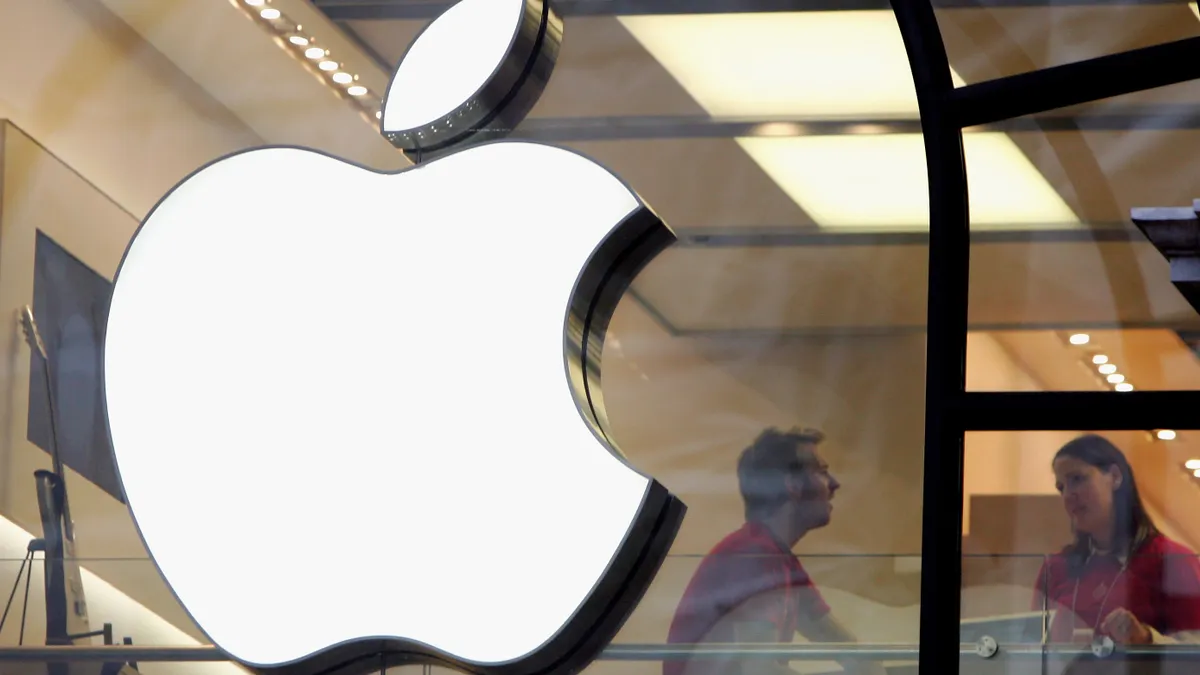Dive Brief:
- Apple cut 14 suppliers last year that did not meet its responsible sourcing standards, according to a Conflict Minerals Report filed with the Security and Exchange Commission.
- The company said that the smelters and refiners were either not willing to participate in, or complete, a third-party audit, stopped participating or did not meet Apple’s requirements.
- Apple’s code of supplier conduct is based on criteria set forth by multiple international organizations, including the United Nations. The company has cut ties with 25 manufacturing supplier facilities and 231 suppliers since 2009, according to a 2024 supply chain progress report.
Dive Insight:
Apple has been working to reduce its greenhouse gas emissions in a bid to make its entire supply chain entirely carbon neutral by 2030. The company has also been calling on its suppliers to decarbonize operations through methods like renewable energy. But responsible sourcing extends to humanitarian issues, too.
“In the event that a supplier is unwilling or unable to correct violations and improve their operations to meet our requirements — despite our investment of time and engagement — they risk removal from our supply chain,” Apple said in its progress report.
An SEC rule implemented in 2012 requires companies to disclose via Form SD if their products contain conflict minerals. Minerals that carry a high risk of being conflict minerals are often referred to as “3TG” — tin, tantalum, tungsten and gold. Not every instance of 3TG material is a conflict mineral.
Apple’s due diligence efforts — which included information provided by suppliers — resulted in a list of 235 smelters and refiners from multiple continents that the company believes processed 3TG during 2023, according to its Conflict Minerals Report. Of the 235 suppliers, 221 remain in Apple’s 3TG supply chain.
“We view removing a supplier from our supply chain as a last resort, because in our experience, it does not provide workers with needed remedy and could allow violations to continue elsewhere in the industry,” Apple said in its progress report.
The SEC rule also required businesses to obtain an independent, private-sector audit of that report. Manufacturers, however, are not required to cut ties with suppliers found to be using conflict minerals; Apple makes those decisions on its own. According to the progress report, if the company discovers violations, those suppliers are required to take corrective actions.
This story was first published in our Procurement Weekly newsletter. Sign up here.














